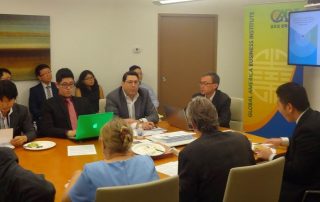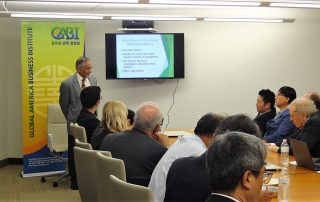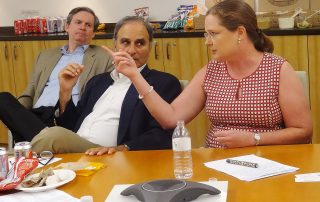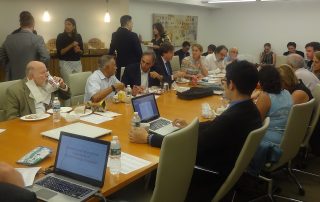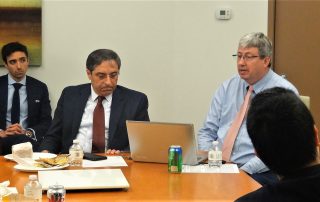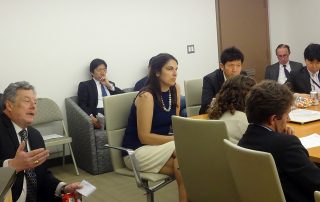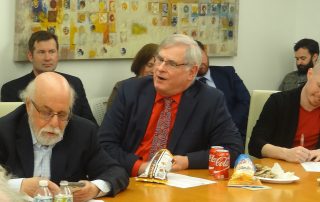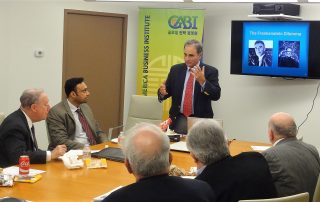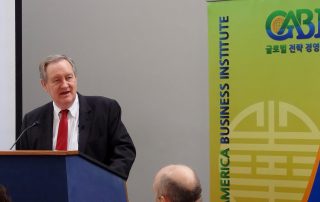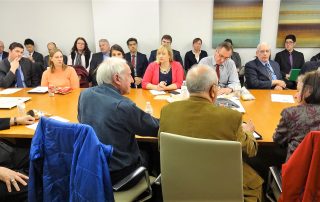At present, dialogue on nuclear technology in Washington, DC has tended to focus on issues related to nuclear materials security, nonproliferation, and arms control issues, rather than nuclear power. As a result, the policy community in Washington tends view nuclear power technologies with some skepticism. Given this environment, it is GABI’s commitment to promote, educate, and enhance the understanding of the vital role of nuclear power from the perspective of ensuring energy security, reliability and sustainability.
The Future of Nuclear Power: Technology Security, and Geopolitics.
Achieving progress towards decarbonizing and reducing the environmental impact of energy generation is arguably impossible without a significant expansion of nuclear p...ower internationally. However, improving and strengthening the global nuclear governance system and maintaining high international standards in nuclear safety, security, and nonproliferation are essential for nuclear power to become a more integral part of

